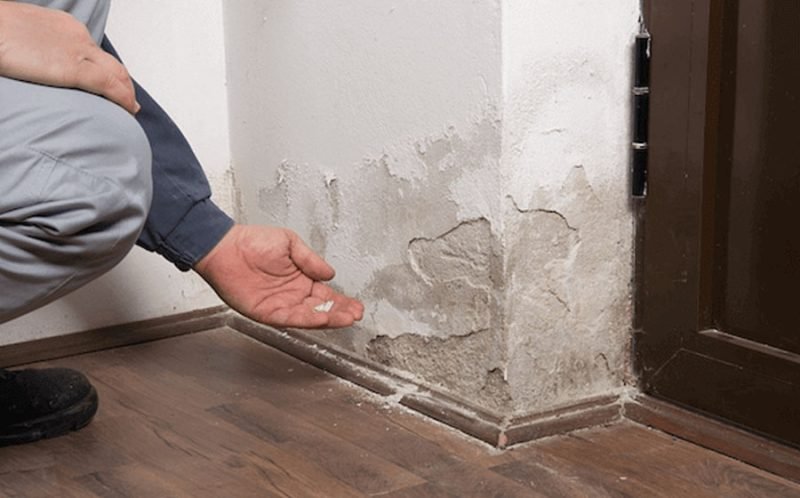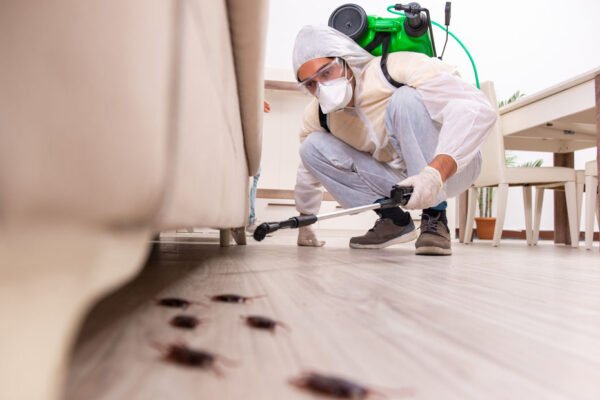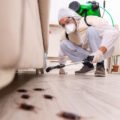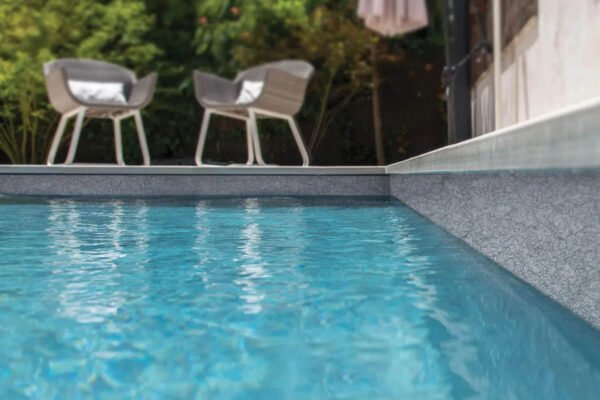
Water damage can be a stressful and overwhelming experience for any homeowner. From burst pipes to flooding, the damage caused by water can have long-lasting effects on your belongings and the structural integrity of your home. However, it’s important to know that there are professionals you can reach out to for help. Suppose you’re in Vancouver, WA, you can contact one of Vancouver’s trusted water damage remediation experts at Robinson Restoration. These professionals will enlighten you about the next course of action after the water damage. They’ll also help you remove the unwanted water, and clean and dry out all affected areas of your home as well as the wet content. However, before these experts arrive, there are a couple of things you can do to minimize the damage.
Read on as we walk you through some essential steps to minimize the effects of the water damage and get your home back to its pre-damage condition.
Ensure Your Safety
Water damage can create various hazards in the home, such as electrical shocks, gas leaks, and structural damage. Therefore, before entering your home, it’s essential to prioritize your safety. Start by turning off the electricity and gas supply to prevent electrical or fire hazards. If you cannot safely reach the electrical panel or gas meter, make sure to wait for a professional to arrive.
Find and Fix the Source of the Water
The next step is to locate and fix the source of the water. The source of the water could be a leaky pipe, a damaged roof, or even a natural disaster like a flood. If it’s a simple issue like a burst pipe, turn off the main water supply to prevent any further damage. If the source of the water damage is more severe, it’s best to contact a professional contractor for help.
Contact Your Insurance Company
After ensuring your safety and fixing the source of the water, you should reach out to your insurance company to report the damage and find out if you’re protected by your insurance plan. Most homeowners insurance policies cover water damage caused by sudden and accidental events like burst pipes. However, they may not cover damage caused by natural disasters like floods. If your insurance plan covers water damage, be sure to document the damage and take photos before you begin cleaning up. This will aid in the fast processing of your insurance claim.
Remove the Unwanted Water
The longer water sits in your home, the more damage it can cause. Therefore, it’s crucial to remove any standing water as soon as possible. Use a vacuum cleaner or a pump to remove any standing water from your home. Also, make sure to open the windows and doors to improve air circulation and help the drying process. If the water has seeped into carpets or rugs, remove them from the affected area to dry them separately.
Disinfect and Sanitize Your Home
Once the water has been removed, it’s important to disinfect and sanitize your home to prevent the growth of mold and bacteria. Use a solution of bleach and water to clean surfaces and any items that may have come into contact with the contaminated water.
Start the Drying Process:
Next, use fans and dehumidifiers to dry out your home. Endeavor to remove any wet carpets, furniture, or other items that cannot be salvaged. Take note that, it’s essential to dry your home as quickly as possible to prevent the growth of mold and bacteria. Hence, be sure to check for every nook and cranny to dry out places where moisture can linger.
Repair Damaged Areas
After your home has dried out, assess the damages and repair the necessary areas such as walls, floors, or ceilings. This may require the help of a professional contractor. If the damage is severe, your insurance company may cover the costs of repairs. Also, make sure to keep all receipts and documentation related to the repairs.
Know When to Contact a Professional Water Remediation Company
Finally, it’s important to take note that the steps mentioned above can be overwhelming and dangerous if it’s not handled skillfully. It’s therefore best to contact people who are trained to handle water damage restoration. They have the expertise and equipment to properly handle the cleanup, drying, and repair process. They can also work with your insurance company to ensure that the damage is properly assessed and repaired.
By following these steps, the adverse effects of the water damage can be significantly reduced and your home will return to its original state as soon as possible.









